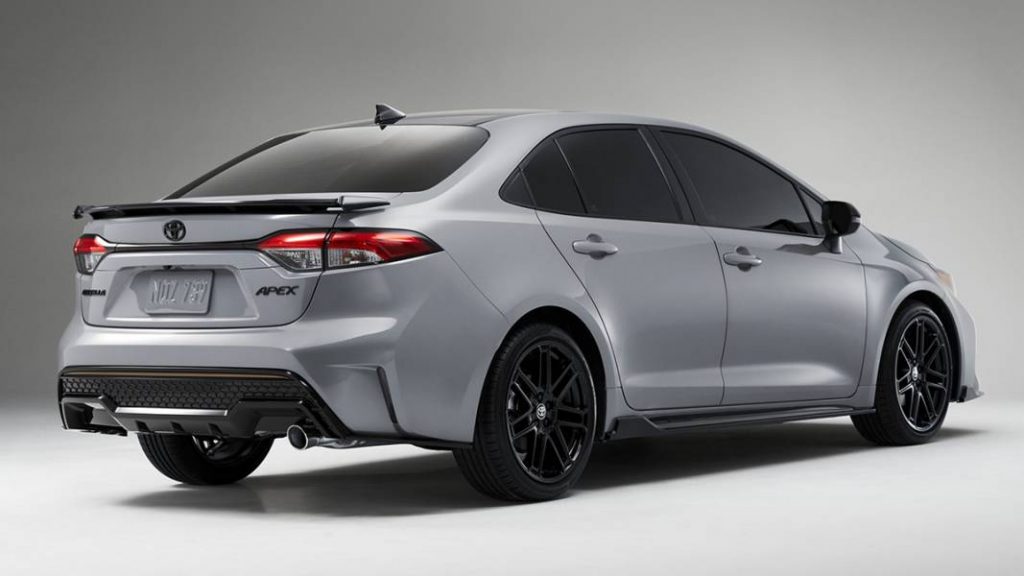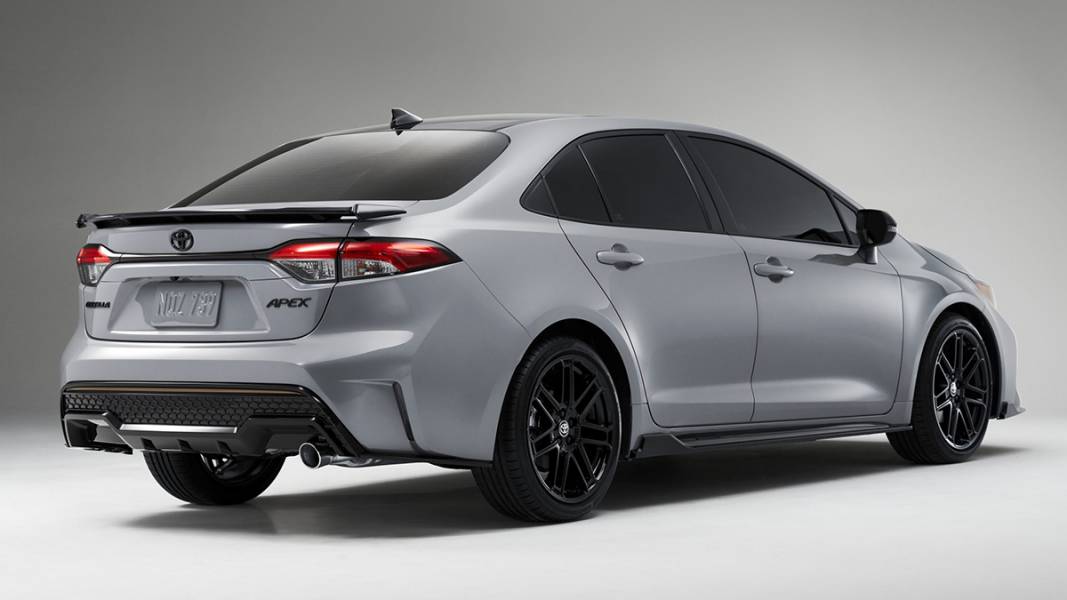Among the biggest topics for the majority of the previous months was the impact of COVID-19 all over the world across all the aspects of life and quarters of the industry. Be it the education, the automotive industry, or the healthcare industry, we are now living in a time that will be written in history books decades from now.
However, keeping our heads in the present, it is imperative to adapt to some changes so that we actually get through this and get to write our own history. Now, the automotive industry has taken a similar approach, it does not seem to slow down as it keeps getting to see better and better cars like the 2021 Toyota Highlander, 2021 Toyota Land Cruiser, 2021 Toyota Corolla, Toyota Hilux. Despite the market turmoil, the automotive industry has found its footing back and on its way to recovery.
The scenarios might be different in individual markets, but the global health emergency that was declared was not just a health crisis but an economic one as well, it pushed the world towards a global recession in 2020. Yes, coming out with cars is one thing, and selling them successfully and profitably is another. Some common practices and recommendations have been taken up by the industry to make the most of the growth opportunities that still exist.
Let us look in detail at what exactly has the drop in consumer demands and industrial production and how it has damaged the industry as such. For the manufacturing industry, OEMs and parts suppliers are yet to return to full production capacity after all these days. Delays in these components impact the market significantly; the biggest of them all are delays in new car model launches, other places which have been impacted are financially drained SMEs, shattered supply chains, and dampened vehicle sales.
These trends linger longer than you might think and traditionally make their presence felt in consequent financial quarters. These production slowdowns act like a rope around the neck for an industry that is already facing setbacks due to tighter CO2 emission standards and the push towards new technologies and their respective investments.
As the effects of the pandemic start to wane and the industry begins to recover, we should expect to see some improvements as the OEMs and the industry, in general, will look for ways to drawback consumer attention and make some improvements in the dwindling sales numbers. The approach has been mostly the same between the regional brands and the top global OEMs, with more focus on automation so that there is minimal human contact necessary.
The impact of the pandemic has been irreversible, but industries have also discovered new opportunities in the mobility sector. Some examples can be electric vehicles, shared mobility, connectivity solutions, vehicle leasing, and aftermarket scene. The industry has simply effused to let down and searched for opportunities in each of these verticals. Apart from these, the industry has also kept a close eye on the growth rates and unit shipments seldom have so much attention given to these rather boring areas of the industry.
Before you begin to question how that came to be, well it is true, personal mobility modes have made a strong comeback in these times. Particularly, it is the demand for micro-mobility that has seen a surge. With congested city environments increasing in number, these micro-mobility solutions are getting increasingly ideal and easy to use.
Keeping in mind the context of COVID-19 and the whole ‘social distancing’ move, the single or double seater mopeds and scooters offer a mobility solution where you have better control over your health and wellness. Automakers are constantly pondering to explore this sector so that they have a better hold of things in the post-corona landscape.
Companies are taking various other steps to counter the challenge the COVID-19 outbreaks have brought upon. Many of them are now supporting governments to develop and supply various health and wellness solutions. This is a massive crisis after all, and everyone needs to chip in so that society as a whole can rise above this scenario. Not only that, but this has also changed the outlook of the auto industry where they have begun to focus on health and wellness solutions in vehicles.
Antibacterial air purifier systems in cars are a thing now. The industry, therefore, is now shifting its focus across various markets to ensure that their clients are taken care of and survive the present to trice in the future. At the same time, this also lets them maintain a foothold in the market so that they do not lose their way getting out of this sticky situation and be on top of their strategic initiatives.
The whole world is left bamboozled the way the global COVID-19 pandemic has led to a global recession and an economic slowdown. Markets and governments are now stumbling as they find a way to get out of this mess. In the midst of all the uncontrolled spread of the pandemic and the abyss of a global recession, every decision can be a do-or-die situation for companies.
Prompt decision making on the other hand can also help these companies make most of the potential opportunities that are left unexplored. This is how the automotive industry is planning to counter the COVID-19 pandemic.

Founder Dinis Guarda
IntelligentHQ Your New Business Network.
IntelligentHQ is a Business network and an expert source for finance, capital markets and intelligence for thousands of global business professionals, startups, and companies.
We exist at the point of intersection between technology, social media, finance and innovation.
IntelligentHQ leverages innovation and scale of social digital technology, analytics, news, and distribution to create an unparalleled, full digital medium and social business networks spectrum.
IntelligentHQ is working hard, to become a trusted, and indispensable source of business news and analytics, within financial services and its associated supply chains and ecosystems













